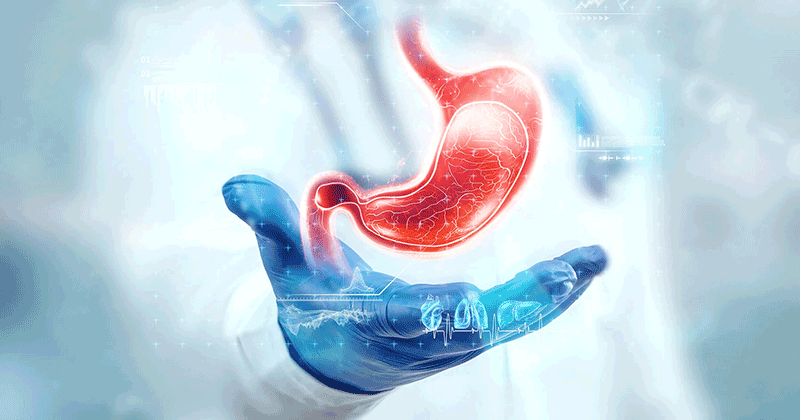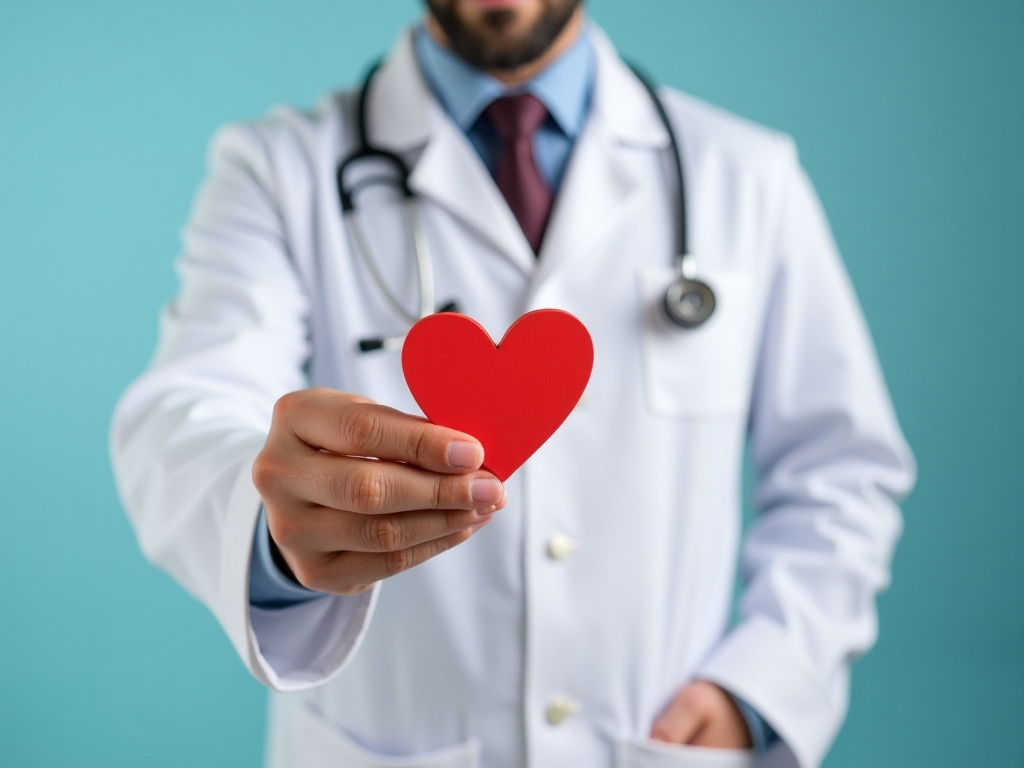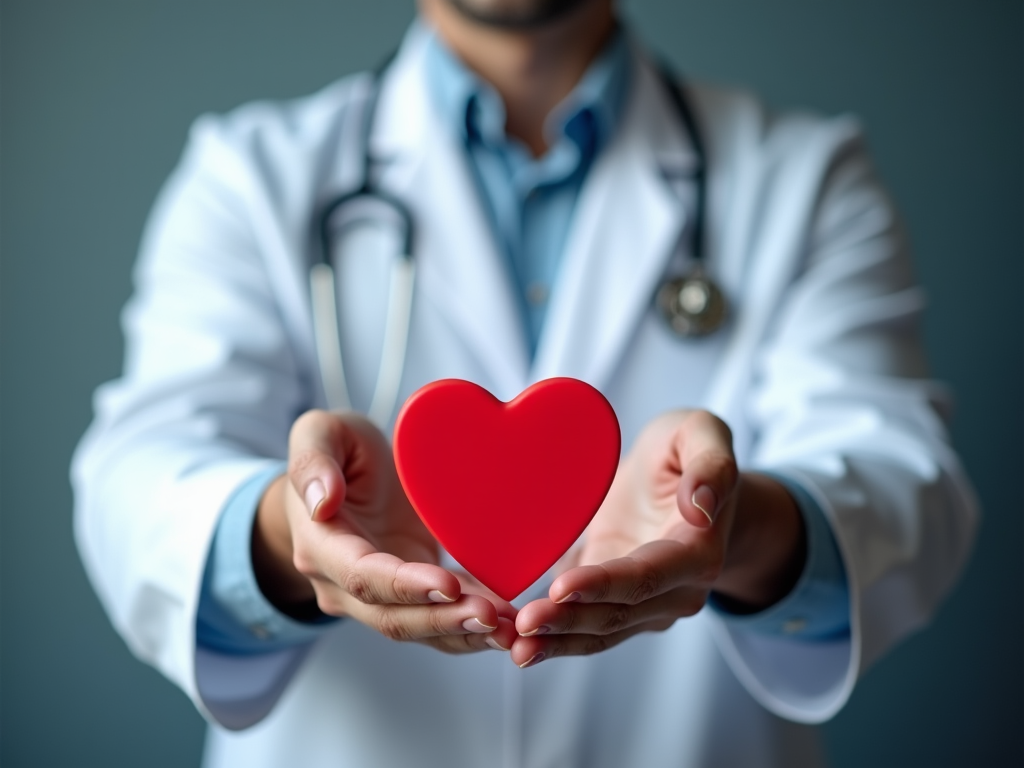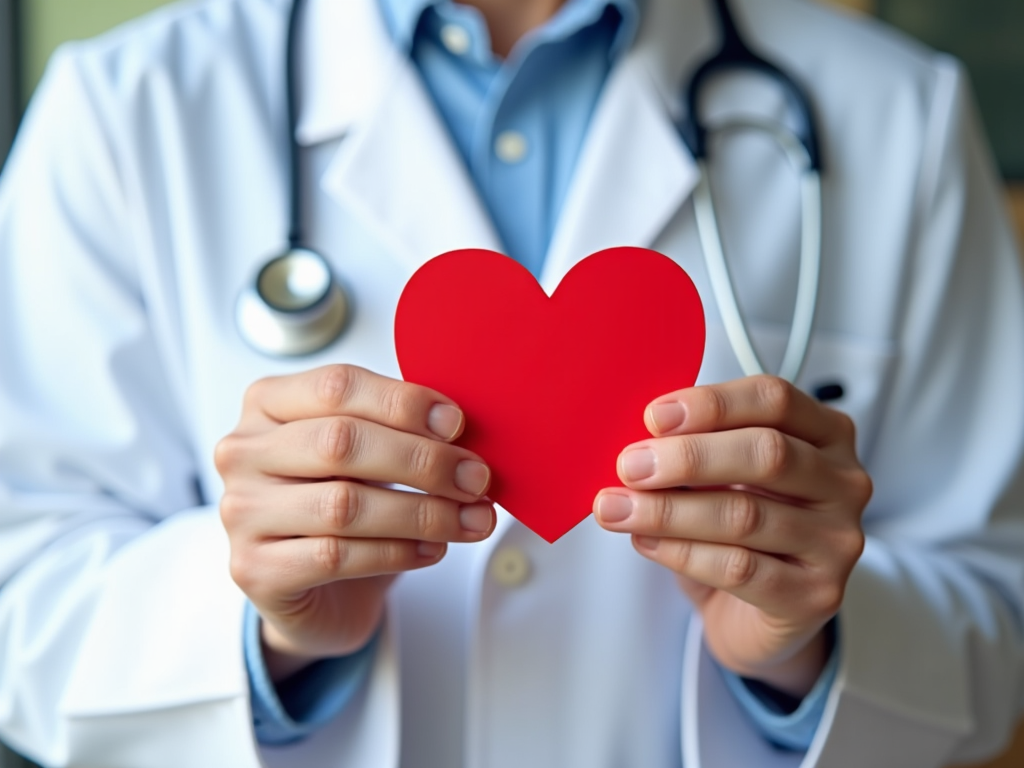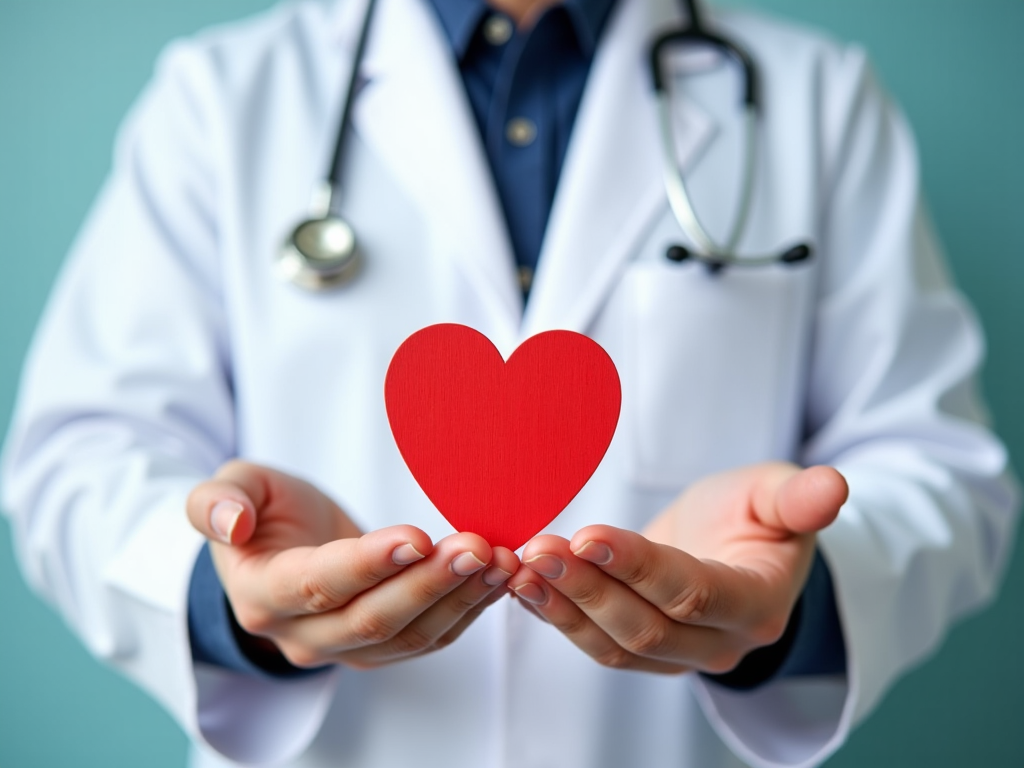Gastric ByPass
Obesity, which has become one of the world’s most important problems, affects human health in many ways. When it is difficult to get rid of obesity through diet and exercise, surgical interventions can come into play. Regardless of their size and cause, surgical operations are processes that should be meticulously planned without being taken lightly. Healthis, your holistic health consultant, offers solutions for obesity among the solutions it offers from dental treatments to hair transplantation, oncological treatments to aesthetic surgery operations.
We aim to provide our patients with a perfect experience by supporting them at every stage, from information exchange to diagnosis and evaluation, from transportation to aftercare. For us, the only parameter of success is that you go back home with happiness and remember this experience with good feelings.
Let’s share some information about gastric bypass surgery:
Weight loss surgeries have become a frequently used method for the treatment of obesity. There are various types of surgery for weight loss, collectively known as bariatric surgery. Gastric surgery is one of the most common surgeries for weight loss. Gastric bypass surgery is often preferred by health professionals because it involves fewer complications than other weight loss procedures. It is important to know about gastric bypass surgery, why it is necessary, its advantages and disadvantages.
Is a gastric bypass right for you?
As with all weight loss surgeries, patients are determined to be eligible for Roux-en-Y gastric bypass surgery according to the 1991 NIH consensus conference criteria. Patients with a body mass index (BMI) greater than 35, one or more weight-related medical problems and a BMI of 40 or higher are considered eligible for surgery. Your doctor will help you decide whether gastric bypass is best for you during the appointment.
What are the advantages of gastric bypass?
Gastric bypass surgery is often recommended for people who fall into the obese category. Obese people are those with a BMI of 40 or more, which can seriously affect them. Gastric bypass surgery can be performed to prevent any negative impact of the obesity problem on a person’s health. The advantages of gastric bypass surgery are:
- Weight loss
Weight loss is one of the most important advantages of gastric bypass surgery. After surgery, patients can lose up to 70 percent of their excess weight. Since the surgery suppresses the urge to eat more, the body consumes less food, which leads to weight loss. The weight difference can be seen on average one to two years after surgery.
- Health
Being overweight causes many ailments and health problems. Obesity can cause diabetes, high blood pressure, asthma and heart disease, which can lead to multiple organ failure if not treated in time. However, gastric bypass surgery not only helps to lose weight but also reduces the risk of many diseases. Therefore, one of the biggest advantages of gastric bypass surgery is overall better health.
- Better Eating Habits
Obese people have a tendency to overeat, which leads to weight gain. After surgery, the patient’s eating habits are changed to smaller portions and more frequent meals. Regularly following this changed dietary style instills relatively better eating habits.
- More energy
Obese people can get tired very easily with even a small amount of physical activity. After the surgery, the patient feels more energetic and active because they have gotten rid of their excess weight. Therefore, an important advantage of gastric bypass surgery is that it makes people feel more energetic.
- Better Appearance
After weight loss, the body size is visibly reduced, giving the person a better appearance. The new appearance is one of the significant advantages of gastric bypass surgery.
During and after Gastric ByPass
The Gastric ByPass procedure takes less than two hours, but pre-operative checks and post-operative observation and recovery require an average stay of 2 nights in hospital.
While recovering in hospital after gastric bypass surgery, your surgical team will carefully monitor your vitals and help control common post-operative symptoms such as pain, nausea and vomiting.
On the morning of the second day after surgery, you will start drinking small but frequent amounts of fluids. If you tolerate clear liquids, you can even switch to full liquids by lunchtime.
You will do some kind of physical activity (usually leg exercises) with the help of your nurse. After a short time, you can start getting out of bed and walking around. If you have any difficulty doing these exercises (possibly due to movement problems related to postoperative weakness or obesity), your nurse or surgeon may call a physiotherapist to help you.
After laparoscopic gastric bypass surgery, 80% of patients lose more than 70% of their excess weight within two years.
What are the risks of gastric bypass surgery?
People who have had gastric bypass surgery are at risk for
- Stretching of the pouch (the stomach grows over time, returning to its original size).
- Band wear (the band that covers part of the stomach breaks down).
- Deterioration of the staple lines (strips and staples separate from each other, reversing the procedure).
- Leakage of stomach contents into the abdomen (this is dangerous as acid can damage other organs).
- Nutritional deficiencies that cause health problems.
Gastric bypass surgery can also cause “dumping syndrome”, where stomach contents move too quickly through the small intestine. Symptoms include nausea, weakness, sweating, fainting and sometimes diarrhea after a meal, as well as the consumption of sweets, which causes an extreme feeling of weakness. Gallstones can form in response to rapid weight loss. They can be resolved with medications taken after surgery.
The choice of doctor plays a very important role in reducing the risk factors for gastric bypass surgery.
Nutrition after gastric bypass surgery
After gastric bypass, your doctor will talk to you to establish guidelines on how to manage your diet. Your doctor may advise you to:
- Eat plenty of protein. You should eat about 60 grams of lean protein every day. Foods such as chicken, turkey, fish, beef, pork, low-fat cheese, peanut butter, eggs and cottage cheese are all sources of lean protein.
- Do not skip meals. You should always eat at least three meals a day. If you need to snack between meals, find some high-protein options. Eating smaller meals throughout the day will prevent your bladder from filling up too quickly and will help keep your metabolism running constantly.
- Prioritize portion control. You probably won’t be able to eat as much in one sitting as you used to. Make smaller portions for yourself, cut your food into smaller pieces, use smaller plates and utensils, chew every bite thoroughly and avoid eating multiple plates.
- Drink caffeine-free, calorie-free, non-carbonated drinks throughout the day. Drinking with a meal will affect how much you can eat, so stop drinking half an hour before you eat and start again half an hour after you finish.
- Think of it as your new lifestyle. Using these healthy dietary habits as a positive, long-term strategy will help you get the most out of your Gastric ByPass operation.
- If you are not getting the vitamins and minerals you need, you may need to take supplements. It is common for gastric bypass patients to be deficient in iron, folate, calcium and other important vitamins and minerals, so this is nothing to worry about, just remember to take your supplements.
